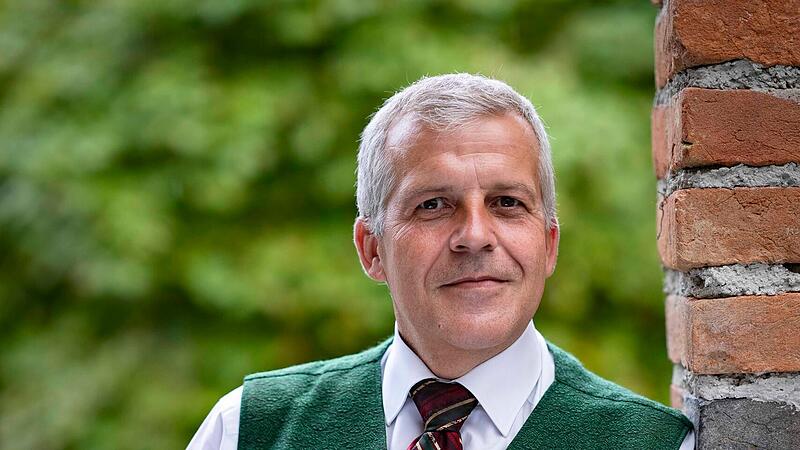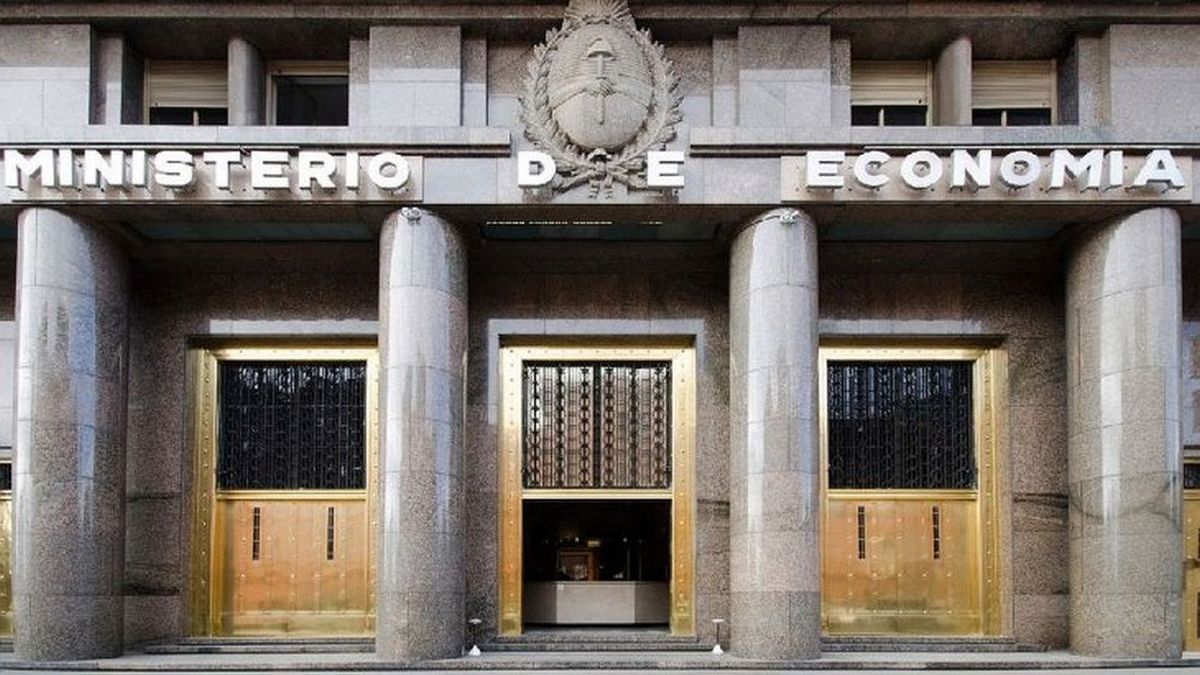After months of arguing about money, the future Germany ticket for millions of passengers is on the home stretch – and there is not much time left. Do the federal states agree after the Bundestag?
A good six weeks before the start, the 49-euro ticket for buses and trains throughout Germany cleared an important financial hurdle. The Bundestag decided on Thursday that the federal government would provide an additional 1.5 billion euros from 2023 to 2025. This is intended to compensate for half of the loss of income from transport providers due to the low ticket price.
The federal states should pay for the other half. The traffic light coalition voted for the draft by Transport Minister Volker Wissing (FDP), the left abstained. Now the Bundesrat still has to agree on March 31st. The opposition also complained about unresolved issues in the expansion of transport services.
Wissing advertised the Deutschlandticket, which from May 1st is to apply as a simple package deal everywhere in local transport. It puts an end to complicated and exhausting. Guessing in front of ticket machines and questions about honeycombs and tariff levels would be superfluous. The ticket has “what it takes to rewrite the history of local public transport”. It should build on the popular 9-euro ticket from the summer of 2022 and be available for an introductory price of 49 euros a month – cheaper than current regional subscriptions. A digitally bookable, monthly terminable subscription is planned.
Criticism of many variants of the ticket
For the Union, Michael Donth (CDU) said that the ticket was a good idea for some passengers in metropolitan areas. The main mistake, however, remains not using the money to maintain and improve the offer. This is how you do public transport a disservice, especially in rural areas, if traffic has to be stopped. In addition, the economic basis of the long-distance bus market will be destroyed. The AfD suggested offering a quarterly subscription and pushing the start to January 1, 2024. MP Wolfgang Wiehle criticized the fact that instead of more simplicity, almost every country now has its own ticket variants.
Left MP Bernd Riexinger spoke of a step in the right direction. So that significantly more people change, the 49-euro ticket is too far away from the 9-euro ticket. A zero-euro ticket for trainees and schoolchildren must come.
There had been months of wrangling between the federal and state governments over funding. It was agreed that possibly higher costs in the introductory year 2023 would have to be borne equally. During an initial consultation on the draft, the Federal Council called for further financial commitments. The federal side refused. However, the coalition partly took up another state requirement: the increase in rail user fees that providers of local trains pay should be limited to 1.8 percent for longer than just this year – namely also in 2024 and 2025. The Federal Council had requested it by 2031 .
Coordinate price changes with the Bundestag
The development of the ticket price is also discussed. Because the 49 euros per month are expressly considered an introductory price – later increases are not excluded. SPD faction deputy Detlef Müller told the German Press Agency: “Our goal is to keep the price stable for as long as possible.” If price changes were necessary, they could only be made with the participation of the Bundestag. The justification for changes to the draft, which the transport committee made before the vote, states that the federal and state governments will agree on the framework conditions including pricing – and agree on them politically “with parliamentary participation”.
In general, the federal and state governments want to look ahead when it comes to Germany tickets. The chairman of the state transport ministers, Oliver Krischer (Greens) from North Rhine-Westphalia, said that one was far from finished and was working on a nationwide solution for students. The 49-euro ticket is “a first important step on the long road to traffic change”. Wissing has already reported on discussions, if similar tickets should also come in other countries, then perhaps also recognize them across borders in Europe. “I find such thoughts wonderful.”
Source: Stern
I have been working in the news industry for over 6 years, first as a reporter and now as an editor. I have covered politics extensively, and my work has appeared in major newspapers and online news outlets around the world. In addition to my writing, I also contribute regularly to 24 Hours World.




